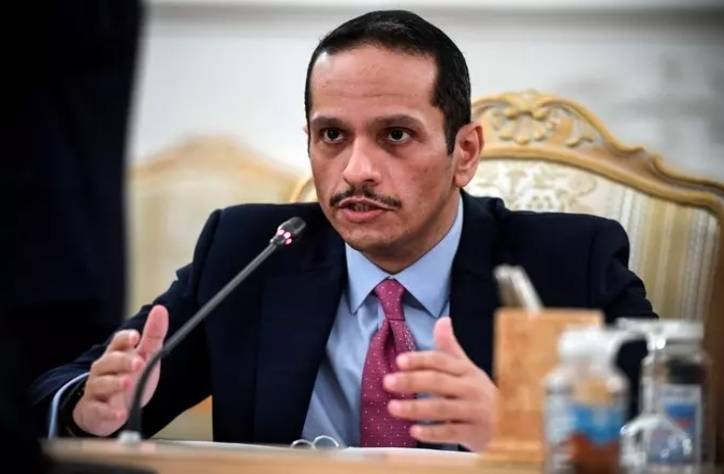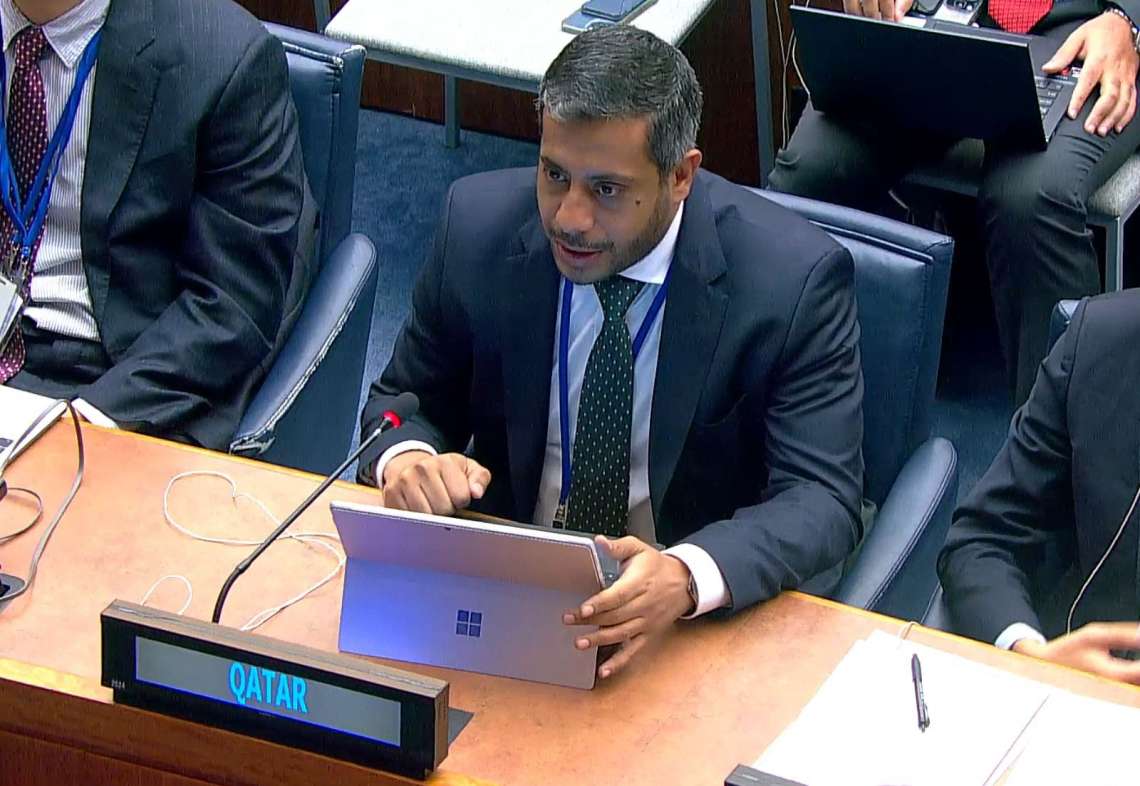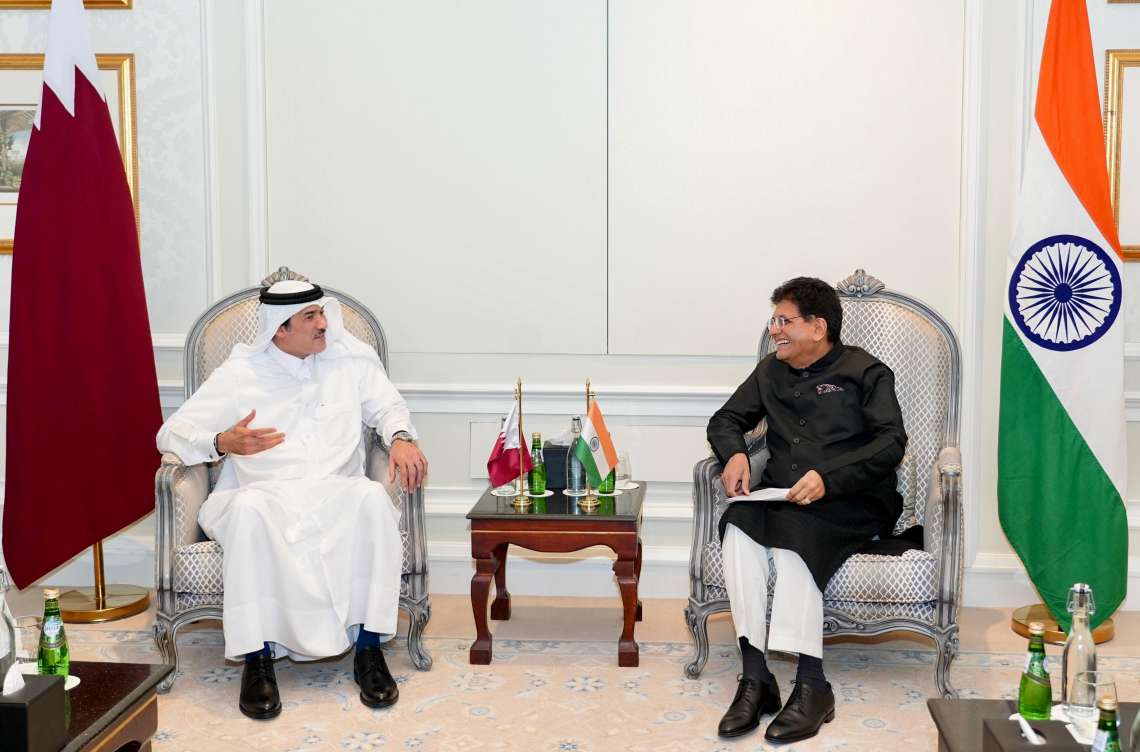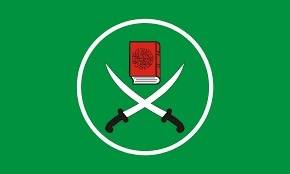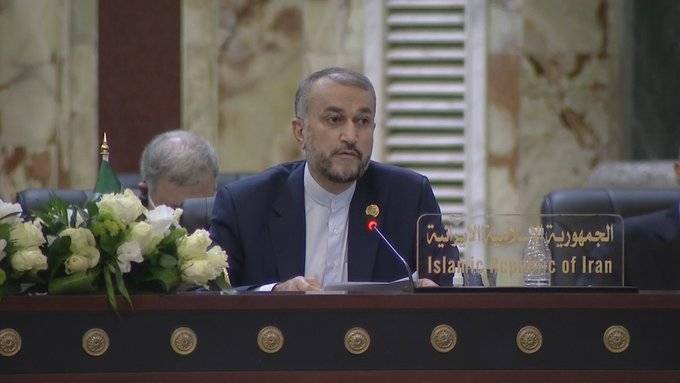Mentioning the Taliban’s refusal to allow Afghan female secondary school and university students to resume their studies, Al-Thani said that such moves are “very disappointing” and the group has gone back to their old regressive regime…reports Mrityunjoy Kumar Jha
The wealthy Gulf Emirate of Qatar, known as much for its copious gas reserves as its diplomatic activism has advice for the Taliban, which is struggling to acquire legitimacy for its rule in Afghanistan.
“One of the examples is the State of Qatar, which is a Muslim country; our system is an Islamic system but we have women outnumbering men in workforces, in government and in higher education,” Sheikh Mohammad bin Abdulrahman Al-Thani, the foreign Minister of Qatar asks the Taliban to learn from his country’s system of governance as reported by Al Jazeera news channel.
Analysts say that Qatar pursues a hybrid model. Though it has an unelected government, and is therefore by nature authoritarian, has been a strong advocate constitutional monarchy, an idea pursued by the Muslim Brotherhood. Doha was a strong player during the Arab Spring, supporting Mohamed Morsy’s Muslim Brotherhood government in Egypt, which toppled long-time dictator Hosni Mubarak. It also was a key backer of Islamic extremists who toppled the government of Muammar Gaddafi in Libya. Qatar is allied with Turkey to pose an alternative to liberal democracies with a hybrid model which marries Islamic principles with free elections, and , at least on paper, free speech.
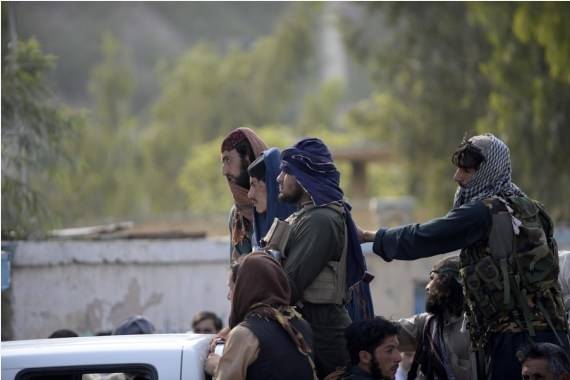
Qatar is disappointed by the Taliban’s handling of human rights in Afghanistan, particularly its treatment of women and girls. Mentioning the Taliban’s refusal to allow Afghan female secondary school and university students to resume their studies, he says such moves are “very disappointing” and the group has gone back to their old regressive regime.
Al-Thani told the Taliban leadership to learn from his country- Qatar for how to run an Islamic system. “We have also been trying to demonstrate for the Taliban how Muslim countries can conduct their laws, how they can deal with the women’s issues. The recent actions that we have seen unfortunately in Afghanistan, it has been very disappointing to see some steps being taken backwards,” Al Jazeera news channel quoted Al-Thani as saying.
Al-Thani’s comments come amid mounting fears the Taliban will erase many of the hard-won gains for Afghan women. The Taliban made repeated pledges in recent days to rule with greater moderation than they had in their last stint in power. However, women have been banned from going to offices and sports and the Taliban have used violence in recent days against women protesters demanding equal rights.
They promised that female students will be allowed to go to universities and secondary schools with strict restrictions including dress code but so far, they are not allowed to go back to their classes. Despite the threat of violent beatings and retaliation, everyday women are protesting calling for the Taliban to respect their rights and making it clear that they would not easily surrender the gains they have made over the past two decades.
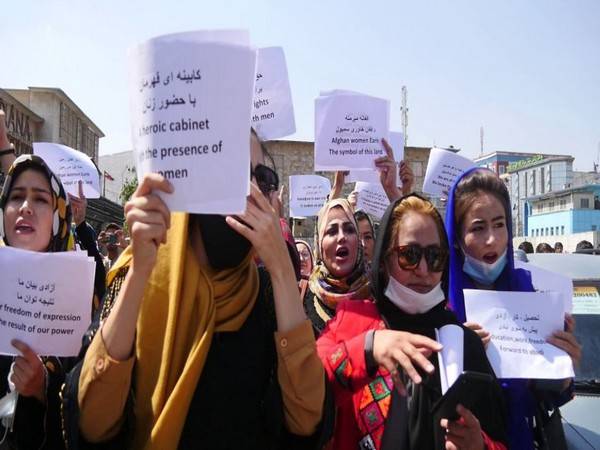
Notorious for their brutal and oppressive rule from 1996 to 2001, the Taliban had promised a more inclusive government this time. However, all the top positions were handed to key leaders from the movement and the Haqqani network – the most violent faction of the Taliban, known for devastating attacks.
While the Taliban is struggling to get recognition from the world, Qatar’s role has become very important as it is known for having close ties with the insurgent group that means it will be intrinsically tied to the group’s actions – and to the extent that the Taliban rulers do or do not uphold their promises to the international community. Factions developing within the Taliban make this an increasingly tricky proposition.
The Qatari minister said while the international community is waiting for the Islamist group to fulfil its promises, they must not isolate the Taliban.
“The position of the state of Qatar as a mediator in the first place has remained impartial and we have said isolation will never be answered, recognition is not a priority but engagement is the only way forward for all of us,” said Al-Thani.
Western governments have said any engagement with the Taliban regime will be conditional on not becoming a haven for terrorist organizations, respecting human rights including women rights and education and forming an inclusive government but it is yet to be seen how much Qatar can influence the Taliban’s approach to the education of women and girls, though the Qatari ruling family has identified that as a priority.
(The content is being carried under an arrangement with indianarrative.com)

